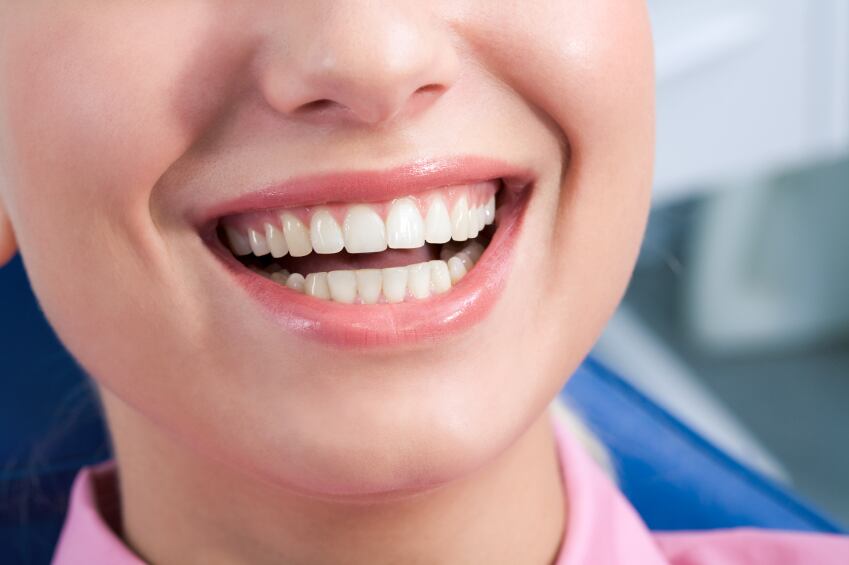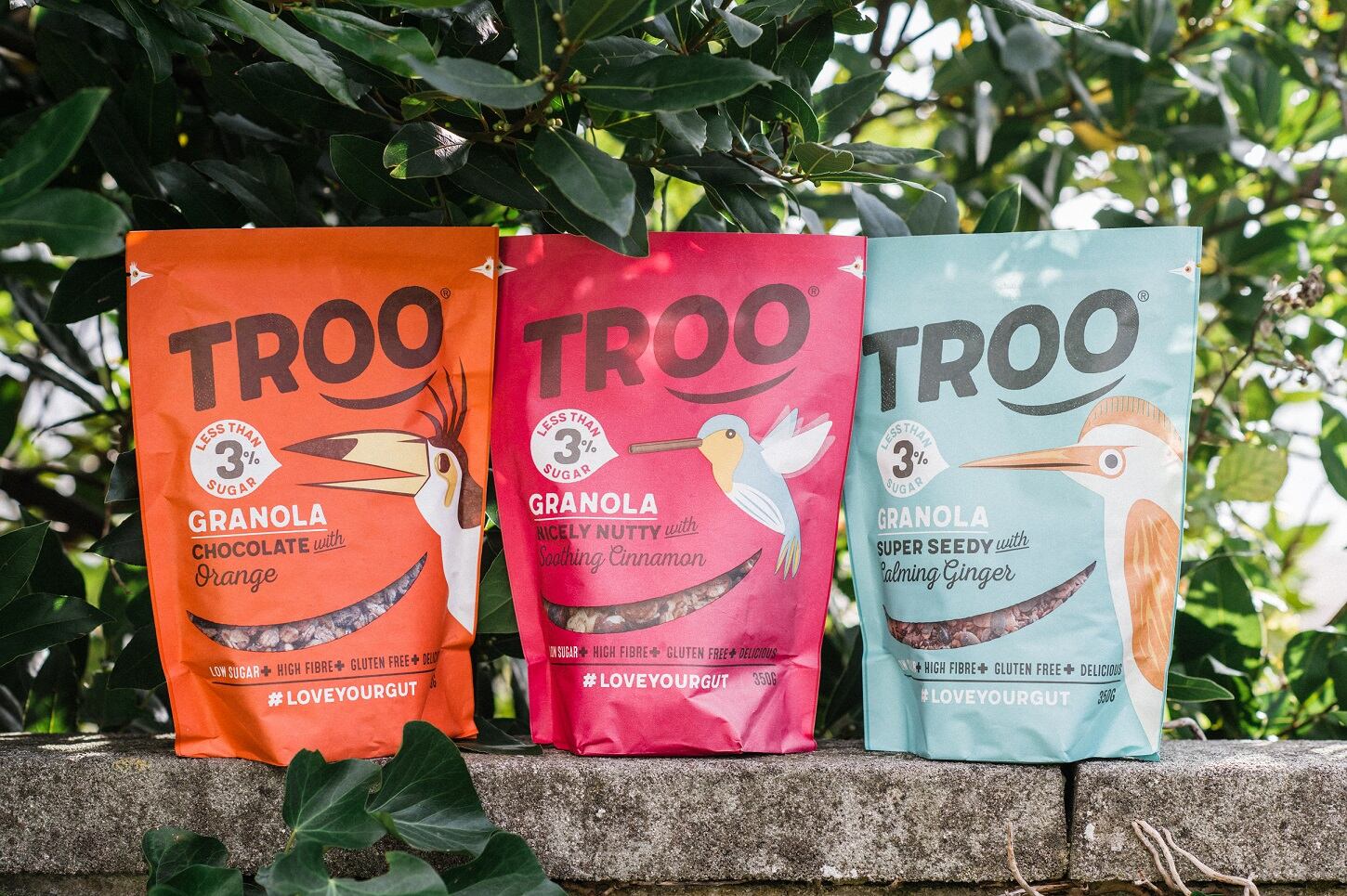A team found an association between poor oral health and increased risk of hepatobiliary cancer, particularly hepatocellular carcinoma, the most common type of primary liver cancer in adults.
However, no association was observed for risk of other gastrointestinal cancers.
“Poor oral health has been associated with the risk of several chronic diseases, such as heart disease, stroke and diabetes,” says lead study author Dr Haydée Jordão, from the Centre of Public Health at Queen’s University Belfast.
“However, there is inconsistent evidence on the association between poor oral health and specific types of gastrointestinal cancers, which is what our research aimed to examine.”
Oral health & cancer
The findings serve to strengthen poor oral health as a risk factor for several diseases such as heart disease, stroke, diabetes and cancers.
Specifically, concerning gastrointestinal cancers, associations between poor oral health and oesophageal, gastric, liver and pancreatic cancer risk or mortality have been reported.
A Finnish study reported greater tooth loss to be associated with an increased primary liver cancer risk.
Taiwanese patients undergoing periodontitis treatment had reduced gastrointestinal cancer risks compared with patients not undergoing treatment, further fuelling proof of an oral health and gastrointestinal carcinogenesis link.
However, available evidence is not consistent, as recent findings revealed no association between tooth loss or periodontitis and colorectal cancer risk within a meta-analysis of six studies.
UK Biobank cohort
Using data from the UK Biobank prospective cohort study, 469,628 participants were enrolled. These participants were adults from England, Wales and Scotland aged 40–69 years.
During the (average) six-year follow up, 4,069 developed gastrointestinal cancer. In 13% of these cases, patients reported poor oral health.
Overall, there was no association between self-reported poor oral health and risk of gastrointestinal cancer detected.
Further analysis found an increased risk of hepatobiliary cancers in those with self-reported poor oral health, which was stronger for hepatocellular carcinoma.
Commenting on biological mechanisms that may explain the poor oral health-liver cancer link, Dr Jordão pointed to the role of the oral and gut microbiome.
“The liver contributes to the elimination of bacteria from the human body,” he said. “When the liver is affected by diseases, such as hepatitis, cirrhosis or cancer, its function will decline and bacteria will survive for longer and therefore have the potential to cause more harm.
“One bacteria, Fusobacterium nucleatum, originates in the oral cavity but its role in liver cancer is unclear. Further studies investigating the microbiome and liver cancer are therefore warranted.”
The study expands on this bacterial species’ role in liver cancer development adding there has been no evidence for its detection in liver tumour tissue.
Poorer nutrition
Another theory in explaining the higher cancer risk due to poor oral health suggests that participants with a high number of missing teeth may alter their diet, consuming softer and potentially less nutritious foods, which in turn influence the risk of liver cancer.
Although the team adjusted for fruit and veg intake in their analyses, they acknowledged that there may be residual confounding from other aspects of dietary quality not accounted for in their analysis.
Source: United European Gastroenterology Journal
Published online: doi.org/10.1177/2050640619858043
“The association between self-reported poor oral health and gastrointestinal cancer risk in the UK Biobank: A large prospective cohort study.”
Authors: Haydée Jordão et al




